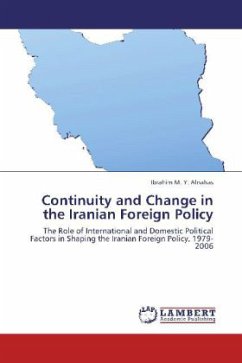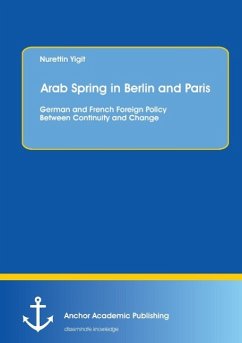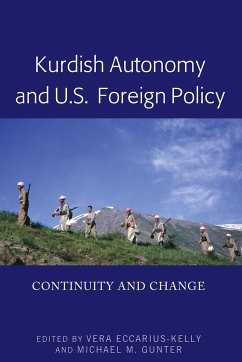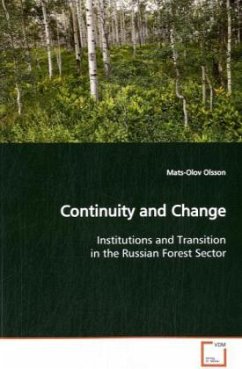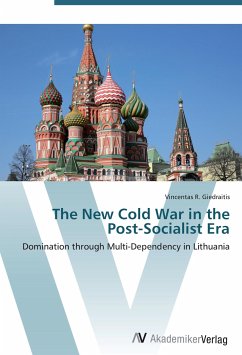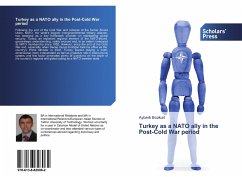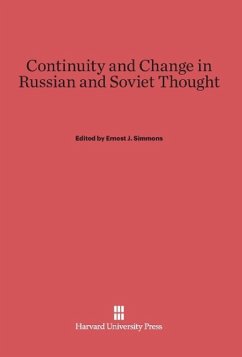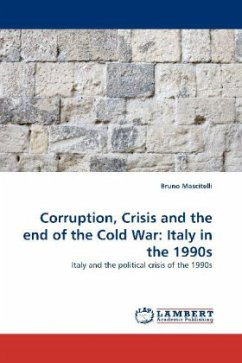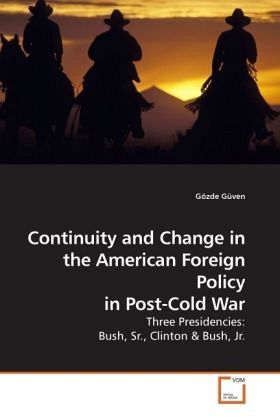
Continuity and Change in the American Foreign Policy in Post-Cold War
Three Presidencies: Bush, Sr., Clinton
Versandkostenfrei!
Versandfertig in 6-10 Tagen
32,99 €
inkl. MwSt.

PAYBACK Punkte
16 °P sammeln!
The common belief about American Foreign Policy has changed its course since the end of the Cold War. However, there are main characteristics of the American Foreign Policy, which remained the same since the foundation of the country. Foreign policy makers of the US shared the belief of American exceptionism. Besides, since the US became a major player in the international arena, the policy makers remained out of international agreements that may limit their freedom of action in international arena. If they become a part of an international institution, they made sure that the rules of the gam...
The common belief about American Foreign Policy has changed its course since the end of the Cold War. However, there are main characteristics of the American Foreign Policy, which remained the same since the foundation of the country. Foreign policy makers of the US shared the belief of American exceptionism. Besides, since the US became a major player in the international arena, the policy makers remained out of international agreements that may limit their freedom of action in international arena. If they become a part of an international institution, they made sure that the rules of the game were set by the US, without jeopardising the freedom of the US. In other words, America preferred unilateral action and multilateralism for it meant only burden sharing, instead of the sharing of decision making power. This situation became less acceptable for the European Allies with the end of the Cold War and the US was accused of usurping its power. The criticism focuses more on the two republican presidents than the Clinton Administration. So the question is, is it true?



